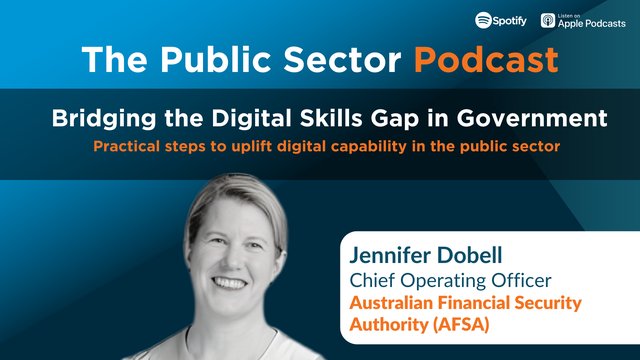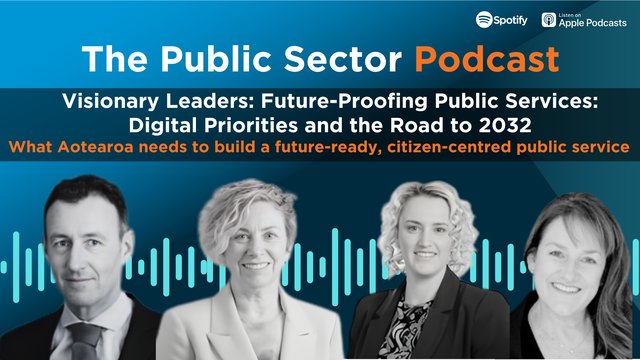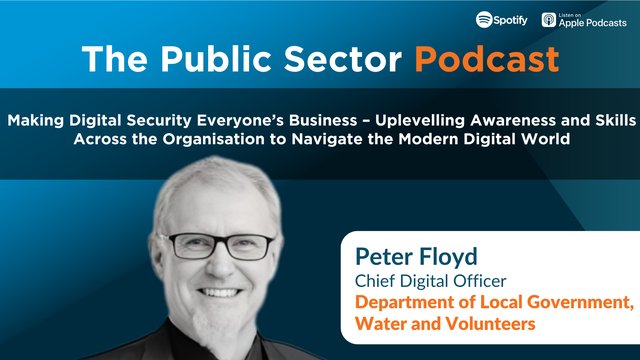Government Keynote: Redefining the Role of HR for 2021 and Beyond
A New Way of Working
Since the start of the pandemic, all over the world, there have been discussions about the changing nature of work, especially after so many people were forced to work remotely or from home for the very first time. In many ways, Jean-Francois Fleury , the Assistant Deputy Minister of Research, Planning, and Renewal at the Treasury Board of Canada Secretariat says that it “accelerated many things that in our culture we weren’t sure we could actually implement.” The nature of work was one of those things. Whilst flexibility in the workplace has been talked about as an ideal for many years, “the pandemic actually challenged our core assumptions about things like flexibility, agility and working remotely.”
During the height of the pandemic, people worked remotely because they had to. In the future, “we need to reimagine how our organizations will work,” and how the people within those organizations can remain at the core. Anyone who works in HR or people management now has a “huge opportunity to drive significant change in how organizations will operate going forward.” For instance, whilst remote work was mandated for most people, “it was lived very differently for those functions that were about to lend themselves better to working remotely.” It certainly didn’t and couldn’t apply to frontline workers or those engaged in roles that required them to be onsite.
“In general, we learned to work remotely because we were all driven by one objective, which was the health and safety of our employees. But now, the likely trend is that most organizations will adopt a form of hybrid work, though the definition of hybrid varies significantly.”
Jean-Francois Fleury, Assistant Deputy Minister, Research, Planning and Renewal, Treasury Board of Canada Secretariat
Even when it was mandated, some functions couldn’t be done remotely, whilst others have been working flexibly for years. It is now about finding that happy medium, and the way to do that is to “bring in true experimentation, behavioral science, and human-centered design.” This will require patience because it is very unlikely “that we’ll get it right the first time.” For some people in the HR industry this may be problematic because much of their role is about “providing certainty and guidance,” but in this instance, “we can’t be certain about the future of hybrid work until we live it.”
Getting to the ‘New Normal’
The way hybrid work is integrated with technology will determine how successful it becomes. “We’ve developed what we call our post-pandemic planning framework, which is mostly about creating some form of normalcy in this chaotic environment.” Across the Canadian public service, there are many organizations and each manager is responsible for many people, but it is still the intention that there is a “similar employee experience from one organization to another.” The goal of the public services of course is “to provide great service to Canadians,” and whilst everyone tries to provide the best service, it is impossible to eliminate “bias in the workplace, which could be expressed as a bias for those working on-site versus those working from home, or vice versa.”
The only way to curb the bias is to always remember that “it’s about the people.” Part of the post-pandemic framework is about ensuring there is “not only a diversified workforce, but that we have a diversity of thought, and that policy views don’t necessarily only come from Ottawa but from across the country. Being able to truly work flexibly as a public service is also a big part of it.” In the public sector, “having a rules-based approach” has always traditionally been the way things have been done. But that is no longer the way the public sector can or should operate. Now it is based more on “principles and a common purpose.” As a result of that, “there’s not a lot of stability currently in how we are planning for the future.” However, “we have principles around coherence, flexibility, clarity, equality, and ensuring that there’s equal access and equity in terms of the decisions we make, which is really important.”
The pandemic has given the world a chance to plan for the future of work in a new way. However, that future will be “the sum of many activities that we need to do. We need to make sure that change management processes are in place so that those changes are fundamentally absorbed, and so that they can be sustainable and scalable.” What will be really important in the future is the work itself rather than the location, and this impacts things such as “travel, hiring practices and even taxation.” On top of that, the work will likely change with the emergence of AI and other technologies, but really, that will only “change the classifications. The people side will always remain extremely important.” Systems are also important because they drive the data that powers the technology, and “we need to get more accurate data,” but ultimately, it is still always about “the people that we manage, the skills that they possess and the positions that they occupy.”
“Ultimately, rethinking the HR function and how it relates to innovation and people management is absolutely key in today’s context, and leveraging this opportunity is very important.”
Jean-Francois Fleury, Assistant Deputy Minister, Research, Planning and Renewal, Treasury Board of Canada Secretariat
Presentation by: Jean-Francois Fleury, Assistant Deputy Minister, Research, Planning and Renewal,
Treasury Board of Canada Secretariat
Keynote Session: Reimagining the Future of Human Resources in the Public Sector
































